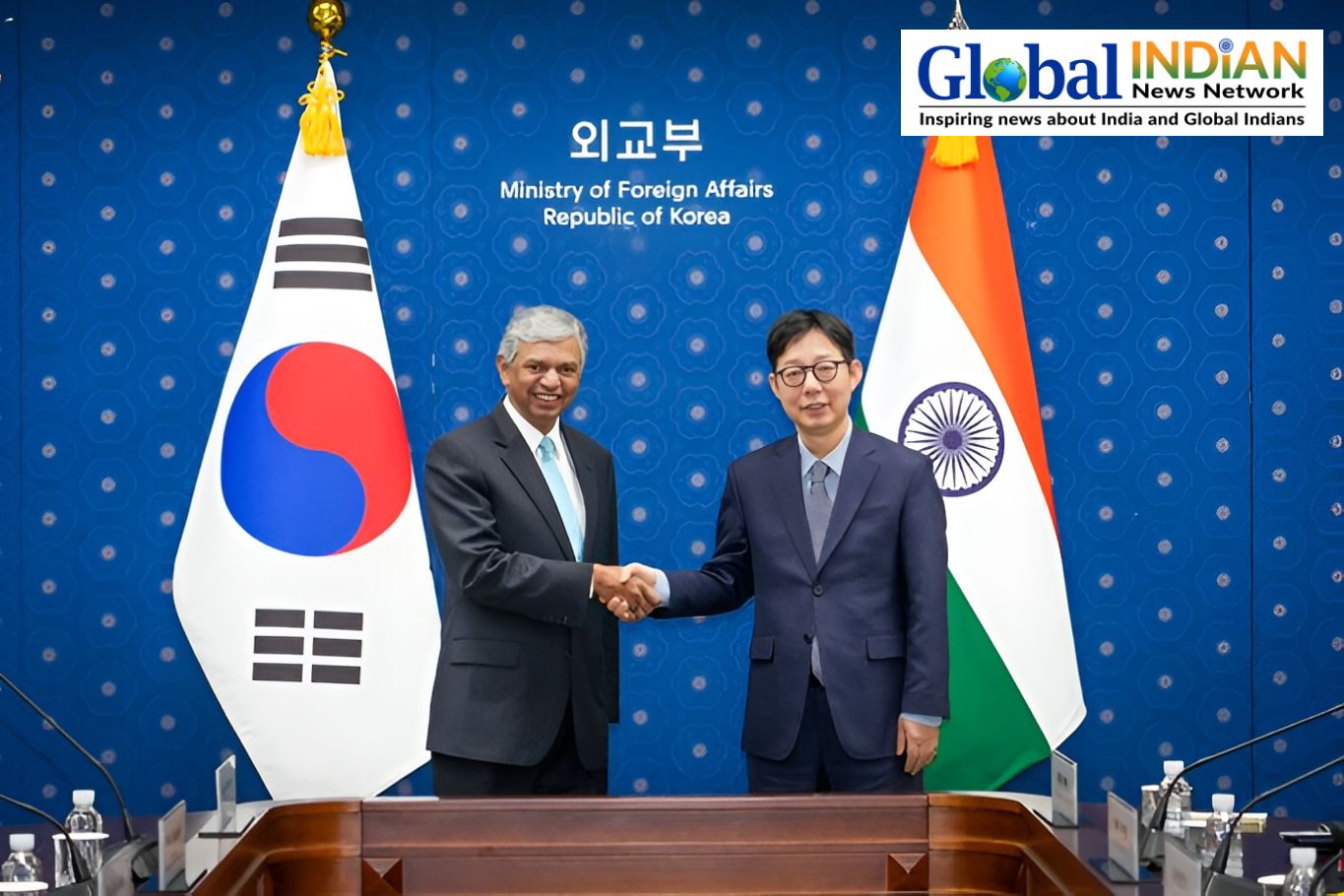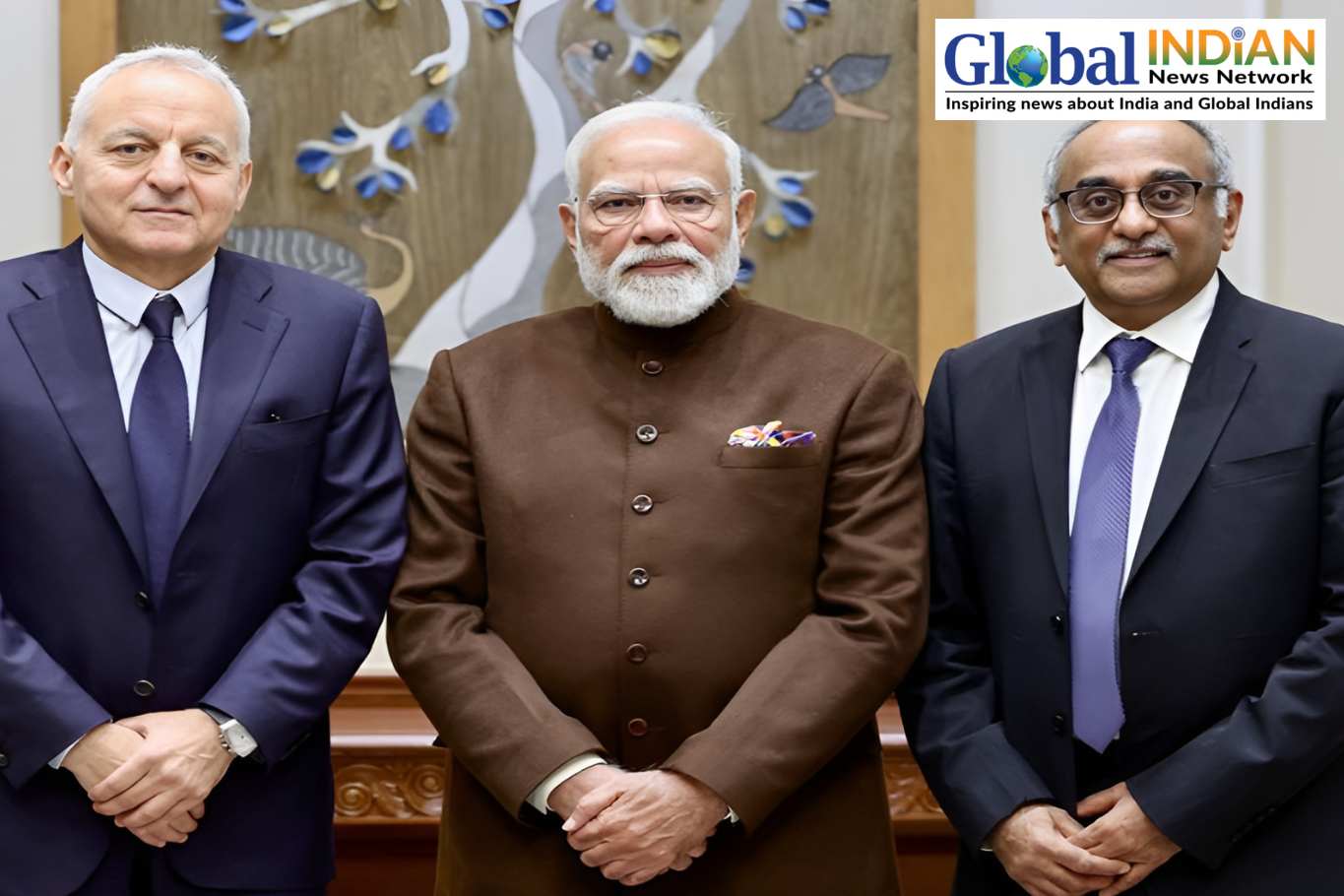
Recruiters have observed a notable increase in inquiries from Indian expatriates, including those at the CXO level, who are considering relocating to India from countries like the US, UK, and Canada over the past year, according to Randstad India. The recruitment agency did not provide specific figures on this surge.
The manufacturing sector is projected to expand significantly over the next five years, potentially growing from 2.5 to 3 million employees to about 5 million by 2030, as stated by Yeshab Giri, Chief Commercial Officer at Operational Talent Solutions, Randstad India. The government’s focus on major incentives and the “China plus one” strategy are creating more opportunities, particularly in electronics manufacturing, which is strengthening local industries.
Giri highlighted that an increasing number of expatriates are drawn to India by improved job opportunities, lower living costs, and better income prospects. The focus on innovation and digital advancement is enticing about 40,000 expats who are considering roles with Indian companies.
While many Indians previously sought opportunities in the US, a shift is occurring with the electronics and semiconductor boom in India attracting executives back home. Hareesh Chandrasekar, for instance, left his role at Ohio State University to co-found Agnit Semiconductors in India. He wanted to create something impactful rather than be just another employee in a large firm.
Similarly, Chitranjan Singh returned to India after 22 years in the US with companies like Qualcomm. He was motivated by the advancements in telecommunications in India and felt his expertise could contribute significantly to local efforts.
The trend extends beyond startup founders. Major companies like Tata Group are actively recruiting top talent, with recent additions such as Randhir Thakur from Intel Foundry Services. Under his leadership, Tata has expanded its role in the global supply chain and established new facilities in India.
Sumit Sadana, CBO of Micron, also noted an increasing trend of relocations to India. He highlighted that the economic growth and vibrant technology investments are drawing many from the US, with a growing sense of optimism about India’s sustained potential.
Harbir Kaur Bhatia, CEO of the Silicon Valley Central Chamber, explained that this relocation trend has been ongoing for about a decade. Many Indians are returning to India for financial prosperity and to be close to their cultural roots. The changing global dynamics and opportunities in sectors like semiconductors and electronics are making India a more attractive option compared to the US.









